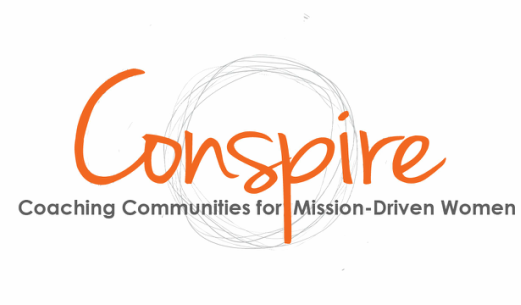|
In our Women Leaders Emerging coaching communities for mission-driven women, our members share their experiences and approaches that have worked for them in many areas of their lives and careers. Here are a few tips that members have shared about testing out possible career paths.
1. Find out if your interest in the field is “sticky.” Often people wonder if they’ll sustain an interest in a specific field for a sustained period of time. This can hold you back from pursuing advanced degrees or deepening subject matter expertise professionally and getting pigeon-holed. If you love learning, curating and creating, test out a possible career path by being a catalyst for conversation in the field that you are exploring. You might start a blog, a book group, or start a Facebook or LinkedIn group that you create. 2. If you’re in a large agency or government, pursue a Details are temporary positions that fill a short term-need. Details allow you to gain exposure, build your skillset and test out one of your career theories before giving up your job and making a significant career leap that you’re not sure about. If these kinds of opportunities aren’t available in your work-environment, think about how you might be able to engineer a short-term work arrangement. 3. Shift your career communities. Take a look at the professional associations associated with one of your possible career paths. Are there ways to plug in and get to know the culture of the profession and some of the key issues before you make a big leap in your career? Use meetup.org and LinkedIn groups and connect both on-line and in-person. Check out one day workshops, webinars and minimal-commitment certifications to be in conversation with people in the field you are considering moving into. To take it a step further, position yourself in your target field by hosting a webinar series or in person event in which curate promote relevant thought-leaders! 4. Be your new career for 10 minutes per day. You may have a career aspiration that you can’t fully cultivate right now. Maybe you’re in a good position for your stage of life for some practical reasons and it’s not the right time to transition, for example. This doesn’t need to stop you from gradually taking on a new career identity! If you write your novel for 10 minutes per day, you can start to say to yourself (and others), “I’m a writer.” If you research nutritional science issues for 10 minutes per day, you can start to say to yourself, “I’m a nutritional science researcher.” Small chunks of committed work help you shift how you identify career-wise and, when timing, resources, and mindset are ripe, will create a natural opening for your career transition. 5. Pretend you’re a career anthropologist. Pretend you’re not interested in making a career shift and take on a mindset of being curious about the possible field you’re moving into. What are the norms? Who are the leaders? What is the culture? What are the top concerns and pressing issues? What works well and what dysfunctions do you notice? What are the values that rise to the top? Talk to people without worrying about whether you’d fit in or add value so that you can really By being curious, you’ll have more natural conversations that will create opportunities for meaningful exchange and depth.
1 Comment
Leave a Reply. |
Archives
August 2021
Categories
All
Archives
August 2021
|
Conspire |
MissionWe conspire with mission-driven women to lead, succeed and thrive in their careers, lives and organizations.
VisionIndividuals: We envision women who are enlivened, empowered and emerged. Our members have clarity of purpose and lead from strengths.
Community: We bring communities of women into the practice of seeing each other's strengths and potential. We envision multiplying communities of women-fueling-women's success and impact. World: We conspire to unlock the potential energy & contributions of 51% of the human population. When this potential energy, thought power, and talent is unleashed, we will solve even the most difficult problems and transform the world. |


 RSS Feed
RSS Feed

